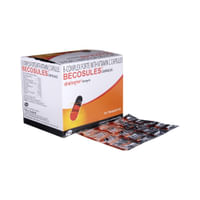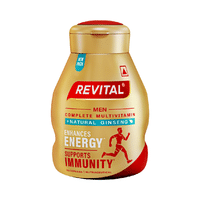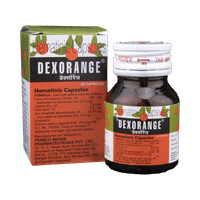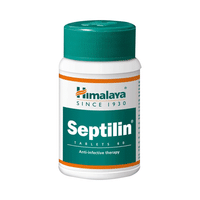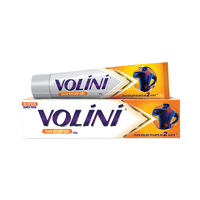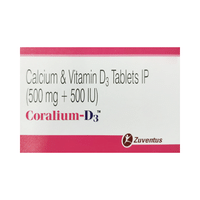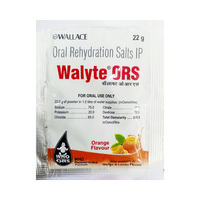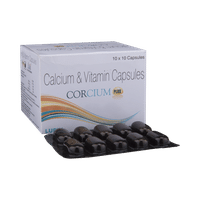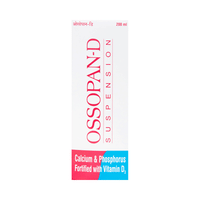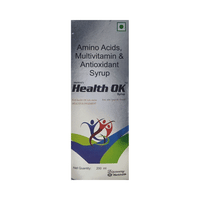Rs.46.80for 1 strip(s) (10 tablets each)
food interaction for Serrawan Tablet
alcohol interaction for Serrawan Tablet
pregnancy interaction for Serrawan Tablet
lactation interaction for Serrawan Tablet
food
alcohol
pregnancy
lactation
Serrawan 10mg Tablet may be taken with or without food, but it is better to take it at a fixed time.
None
None
CAUTION
It is not known whether it is safe to consume alcohol with Serrawan 10mg Tablet. Please consult your doctor.
CONSULT YOUR DOCTOR
Information regarding the use of Serrawan 10mg Tablet during pregnancy is not available. Please consult your doctor.
CONSULT YOUR DOCTOR
Information regarding the use of Serrawan 10mg Tablet during breastfeeding is not available. Please consult your doctor.
CONSULT YOUR DOCTOR
SALT INFORMATION FOR Serrawan 10mg Tablet
Serratiopeptidase(10mg)
Serrawan tablet uses
{med_name} is used in the treatment of pain relief and swelling.
How serrawan tablet works
Serrawan 10mg Tablet is an enzyme that works by breaking down the chemical messengers involved in pain and inflammation (redness and swelling).
Common side effects of serrawan tablet
No common side effects seen
SUBSTITUTES FOR Serrawan Tablet
462 Substitutes
462 Substitutes
Sorted By
 Rs. 158pay 238% more per Tablet
Rs. 158pay 238% more per Tablet Rs. 246pay 411% more per Tablet
Rs. 246pay 411% more per Tablet Rs. 194pay 176% more per Tablet
Rs. 194pay 176% more per Tablet Rs. 232.70pay 397% more per Tablet
Rs. 232.70pay 397% more per Tablet Rs. 100.78pay 49% more per Tablet
Rs. 100.78pay 49% more per Tablet
Expert advice FOR Serrawan Tablet
- Serratiopeptidase helps relieve pain and swelling associated with post-operative wounds and inflammatory diseases.
- Take it 30 minutes before a meal or as directed by your doctor.
- Stop using Serratiopeptidase at least 2 weeks before a scheduled surgery as it may interfere with blood clotting.
- Inform your doctor if you have liver or kidney disease or problems with your blood clotting mechanism.
- Serratiopeptidase helps relieve pain and swelling associated with post-operative wounds and inflammatory diseases.
- Take it 30 minutes before a meal or as directed by your doctor.
- Stop using Serratiopeptidase at least 2 weeks before a scheduled surgery as it may interfere with blood clotting.
- Inform your doctor if you have liver or kidney disease or problems with your blood clotting mechanism.
Frequently asked questions FOR Serrawan 10mg Tablet
Serratiopeptidase
Q. What is Serrawan 10mg Tablet used for?
Serrawan 10mg Tablet is an enzyme used to reduce inflammation and pain associated with conditions such as osteoarthritis, rheumatoid arthritis, back pain, sinusitis, and post-surgical swelling. It helps by breaking down proteins that cause swelling and supports healing.
Q. What precautions should I take before using Serrawan 10mg Tablet?
Before using Serrawan 10mg Tablet, inform your doctor if you have bleeding disorders, are on blood thinners, have liver or kidney disease, or if you are pregnant or breastfeeding. Stop using it at least two weeks before surgery, as it may affect blood clotting.
Q. Who should not take Serrawan 10mg Tablet?
Individuals should not take Serrawan 10mg Tablet if they are allergic to it, or have a history of bleeding disorders, severe kidney or liver problems. Also, this medicine is not recommended for children or if the person has active infections that could worsen due to its fibrinolytic effects (process of breaking down blood clots).














